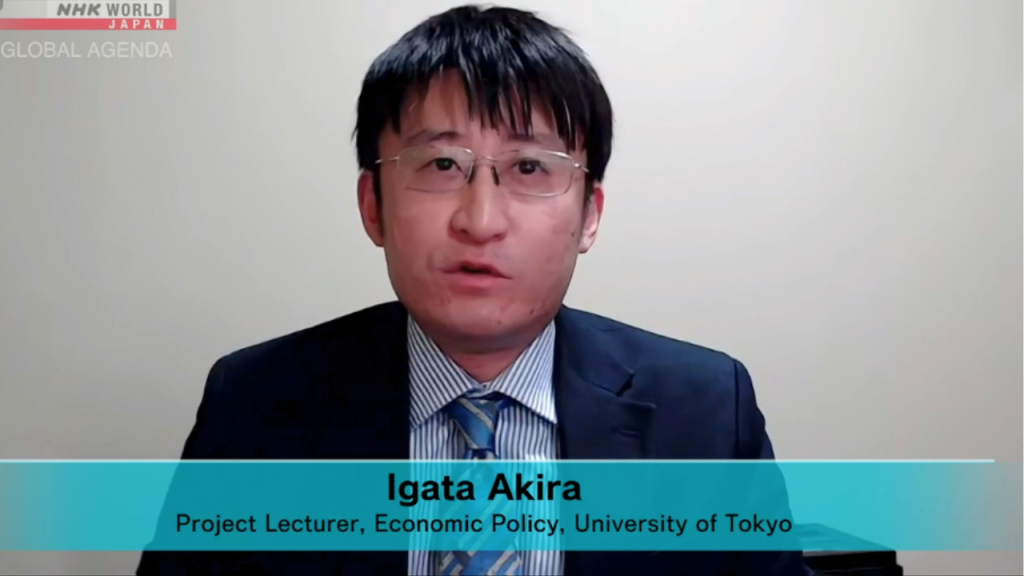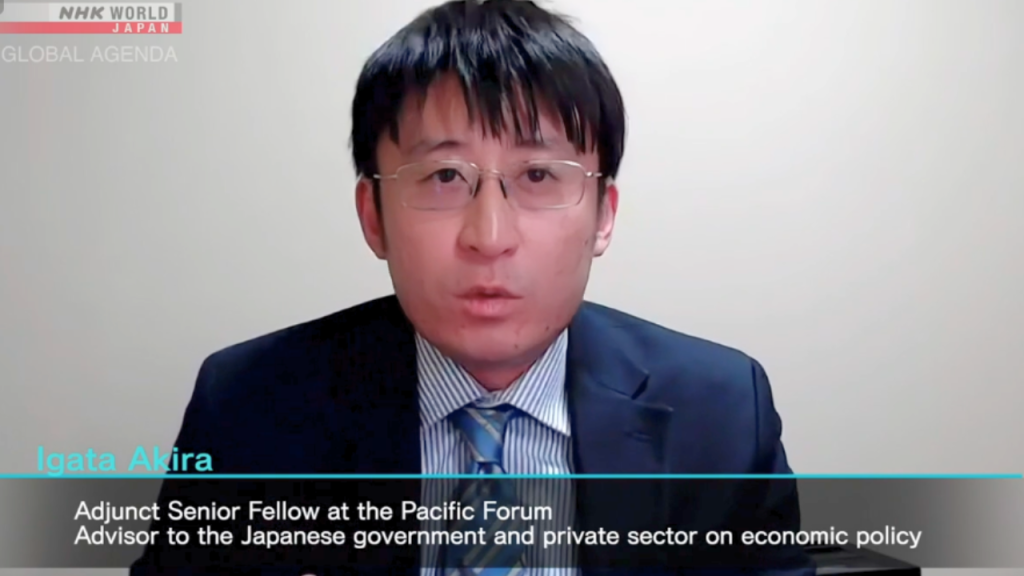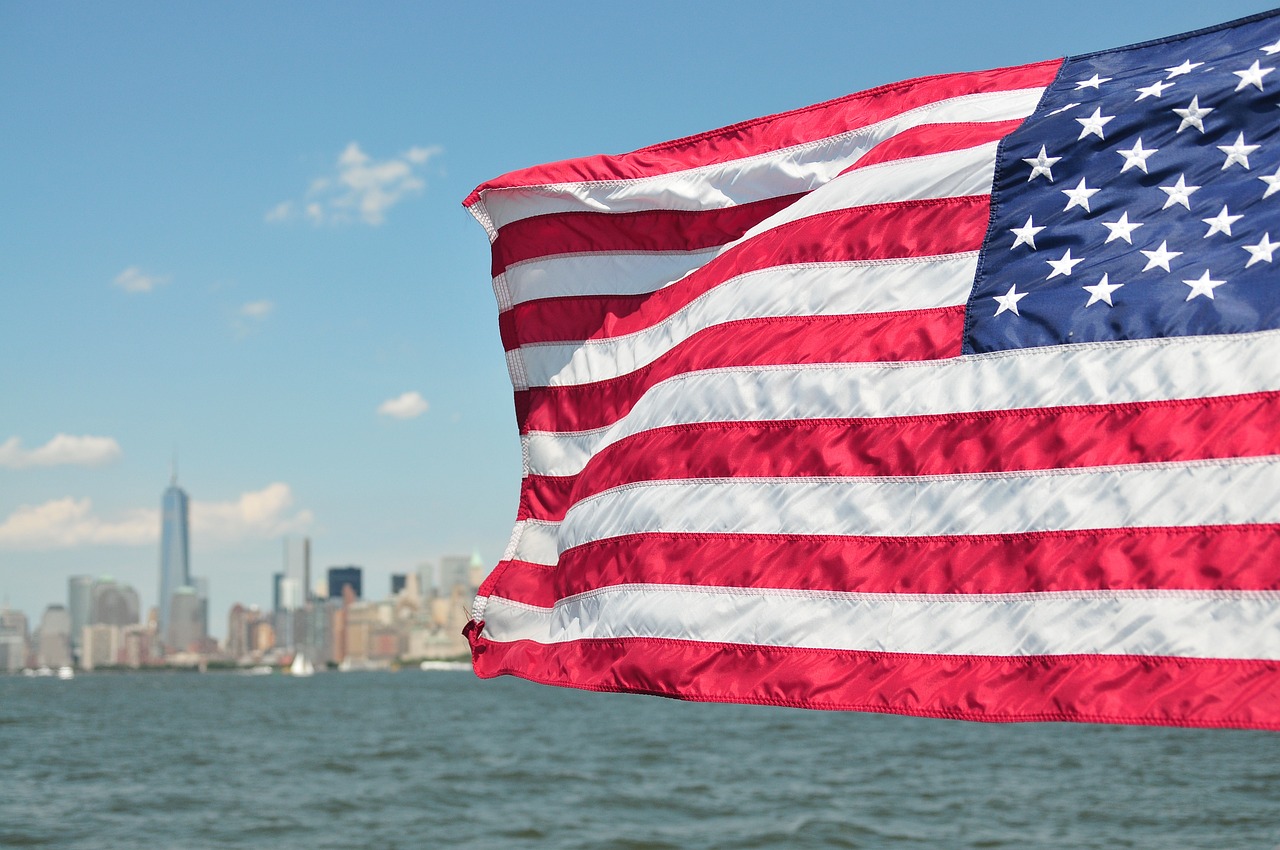Akira Igata, Director of ESRP, Research Center for Advanced Science and Technology, The University of Tokyo appeared on NHK WORLD-JAPAN’s debate program “Global Agenda” titled “Trump 2.0 and Security in Asia”.

They discussed the implications for Asian foreign policy, economics, and security in the incoming Trump administration (Trump 2.0) with Bruce Klingner (Senior Research Fellow, The Heritage Foundation), Kurt Tong (Managing Partner, The Asia Group), and Kristin Vekasi (Professor, Political Science, University of Maine).
The four main themes are as follows.
1 Trump’s “America First” Policy:
He aggressively prioritizes his own interests in trade and diplomacy over cooperation with allies.
Concerns over Trump’s tariff policies toward Japan and other Asian countries, where he calls himself the “Tariff Man.”
2 U.S.-China Rivalry and Indo-Pacific Strategy:
As the expansion of military power in China and the North Korean nuclear issue heighten tensions in the Asian region, attention is focused on the Trump administration’s response.
Unlike the Biden administration, Trump dislikes multilateral cooperation and will likely act alone.
3 Japan-U.S. Economic Security:
In recent years, China has increasingly used scarce resources to exert economic pressure, and Japan and the United States are strengthening their supply networks.
Japan and the U.S. are jointly seeking solutions to the supply problems of semiconductors and rare metals, including attracting Taiwanese capital to the factories.
4 Future of Diplomacy and Alliances:
Technology sharing and defense cooperation in economic security between the U.S. and Japan have become important, especially in discussing responses to the threats posed by China and North Korea.
Japan-U.S. relations are deepening and cooperation is increasing toward common security goals.
Neighboring countries are closely watching the U.S. response to the possibility of a unilateral U.S. strategy in dealing with China, Russia, and the Middle East.

Project Lecturer, Akira Igata cited tariffs as the biggest challenge in the incoming Trump administration, stating, “it’s quite unfortunate that the Trump administration seems to be using tariffs as a tool to try and pressure not just competitors and challenges to their national interests but also to allies and partners.”
From the perspective that U.S.-Japan cooperation in economic security is of vital importance, he added, “Building trust in state relations takes a long time, but it only takes a moment to break down. In addition, tariffs on allies and partner countries could lead to business leaving the US. Furthermore, blocking the acquisition of US Steel for ‘security reasons’ could damage confidence in the United States more than we can imagine.”
He summarized, “no matter what the circumstances for Japan, the US is the most important ally in the region, and Japan needs to work with the US. But then at the same time, I think that’s not just the only option. Japan should continue contributing through both Japan and US bilateral relationship but also among other unilateral and multilateral cooperation.”
You can watch the whole program on NHK here until 15/12/2025.


